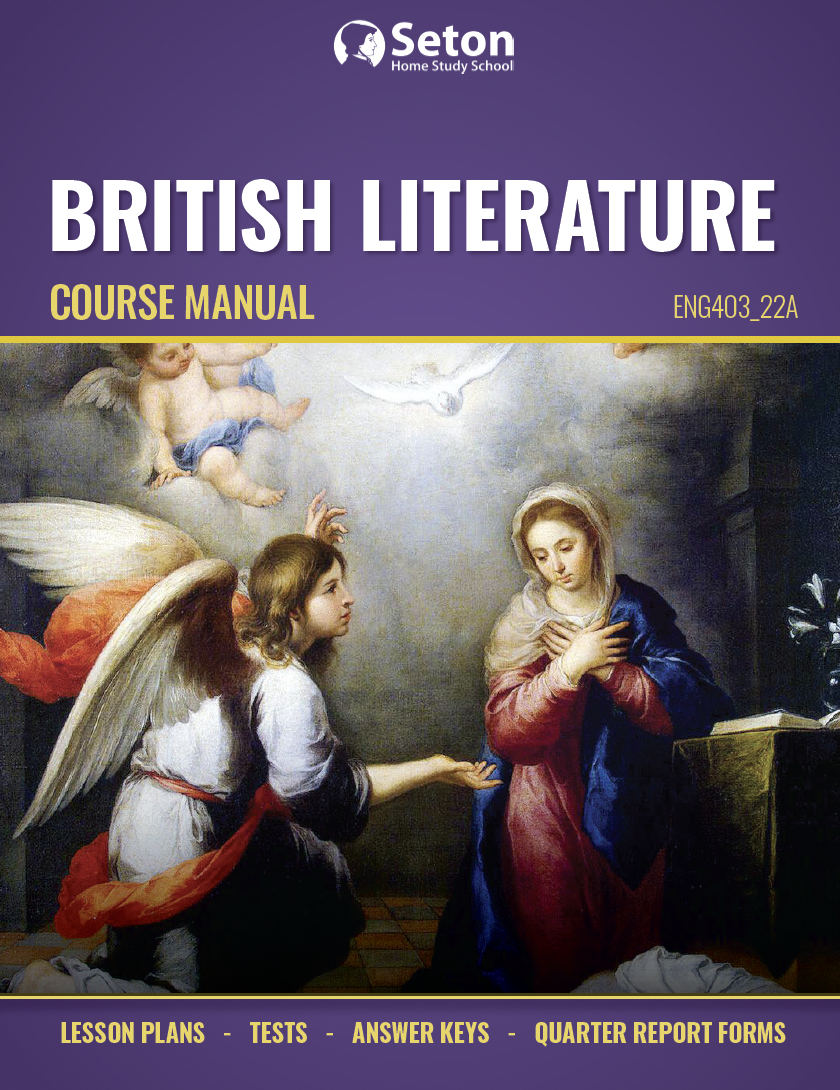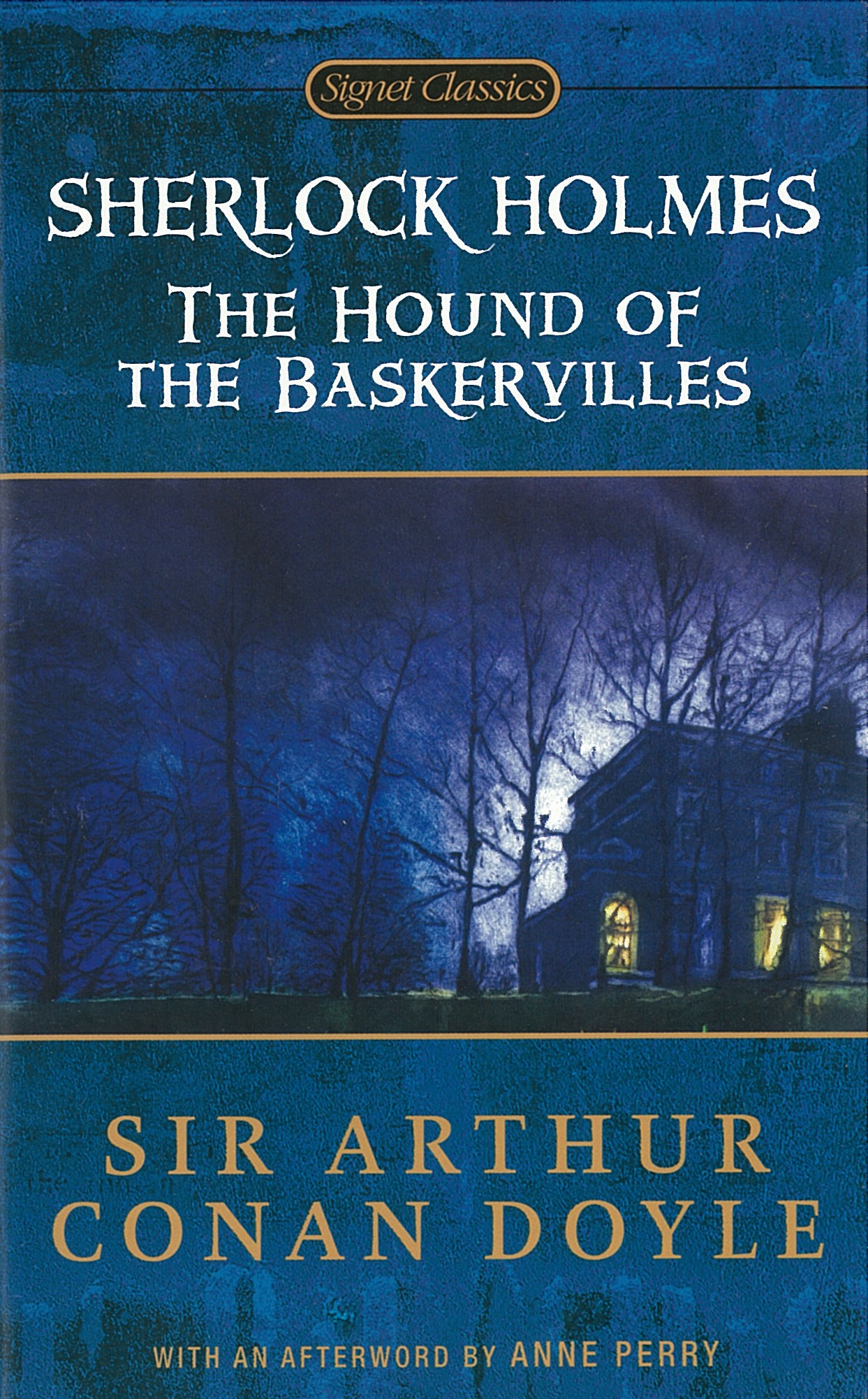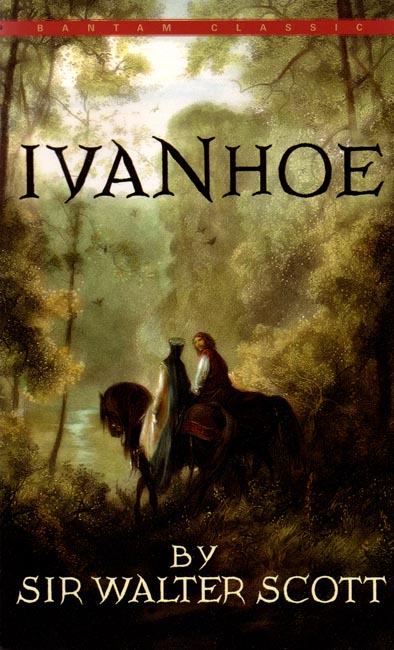The textbook begins with the literature of the early Anglo-Saxon period and continues with the Medieval, Renaissance, and Elizabethan periods. The poetry of Donne, Milton, and Gray are studied, followed by poetry from both the Romantic and Victorian era. The anthology concludes with selections from the Catholic literary revival in England, including works by Evelyn Waugh, Graham Greene, and Hilaire Belloc. In addition to the textbook, students read longer works from authors such as Shakespeare, Jane Austen, and T.S. Eliot. The lesson plans provide analytical questions and discussions.
Additional Quarterly Book Analysis List
One book from each list below is also part of this course. We will automatically send the books in bold unless you choose one of the other titles. Based on our experience, students who read the books in bold do better on their analyses and tend to enjoy the books more.
1st Quarter
The Hound of the Baskervilles by Arthur Conan Doyle
The Importance of Being Earnest by Oscar Wilde
Pygmalion by George Bernard Shaw
2nd Quarter
Jane Eyre by Charlotte Bronte
Ivanhoe by Sir Walter Scott
3rd Quarter
Silas Marner by George Eliot
Out of the Silent Planet by C.S. Lewis
The Vicar of Wakefield by Oliver Goldsmith
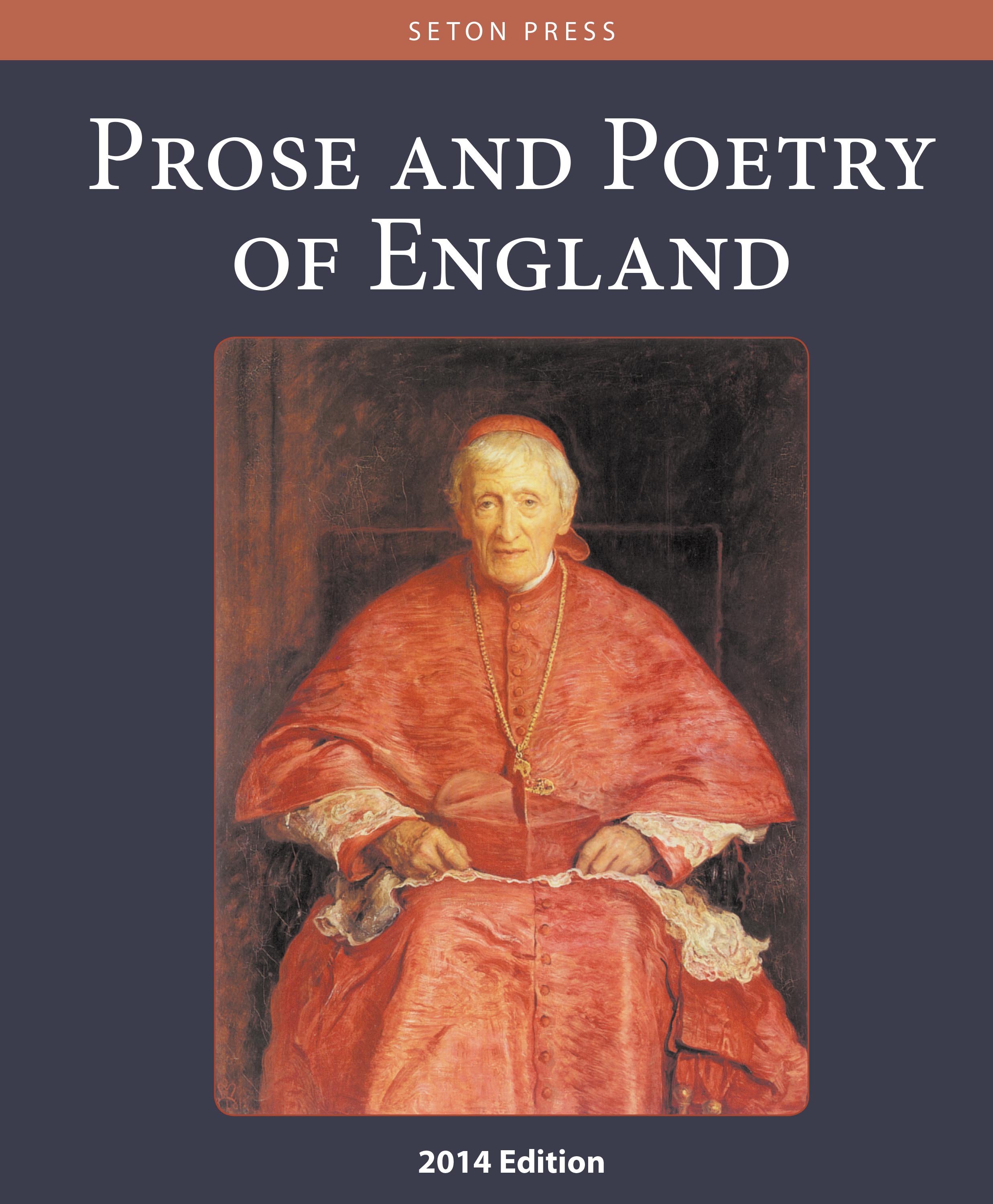

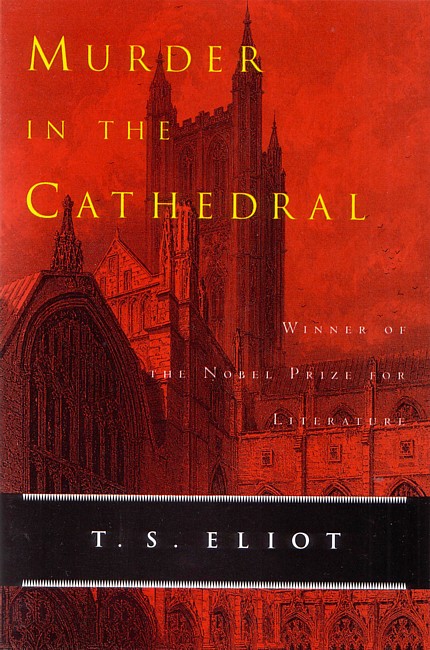

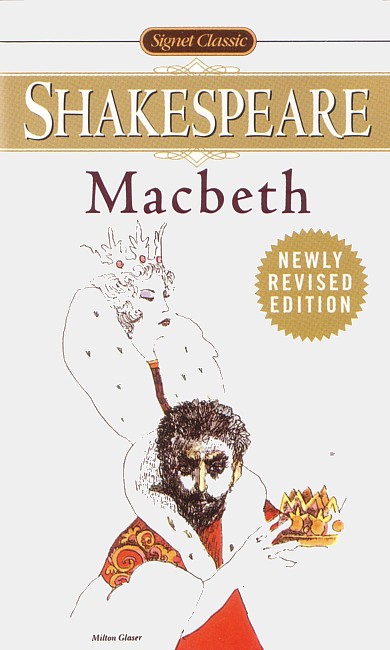
The Hound of the Baskervilles
by Arthur Conan Doyle
The Baskerville family appears to be living under a curse relating to a mysterious and terrifying beast lurking in the English moors surrounding the family home. In the midst of seemingly supernatural horror and fear comes Sherlock Holmes and his assistant Watson to solve the case in a logical way.
(This book is included by default.)
The Importance of Being Earnest
by Oscar Wilde
This is a favorite play which derives a great deal of its humor from plays on words. At first reading, it comes across as a simple comedy, but a more thorough reading produces a keen social commentary and important message which Oscar Wilde is trying to send his audience through the adventures of Jack and his comical compatriots.
Pygmalion
by George Bernard Shaw
Pygmalion is the story of Eliza Doolittle, a cockney young lady who learns how to speak well from a phonetics professor, Henry Higgins. Of course, Eliza’s manners are refined in the process, and she also becomes a fine young lady. But her lessons teach her more than she expected, and they teach the professor more than he ever expected to learn, as well.
Jane Eyre
by Charlotte Bronte
Jane Eyre is the story of an orphan girl, penniless and plain, but full of courage and spirit. After enduring years of hardship, first at the hands of an aunt who has no use for her, and then in a boarding school where the headmaster mistreats all the girls, she manages to secure a position as a governess in the household of Mr. Rochester. Over time, they fall very deeply in love, but before they can be married, a terrible secret is revealed, and Jane finds that to save both their souls, she must run away. Jane learns to make her way again, but it is a struggle to find her place and keep her self-respect and principles in a society that has little regard for her.
(This book is included by default.)
Ivanhoe
by Sir Walter Scott
Ivanhoe tells the story of the disinherited knight Wilfred of Ivanhoe, whose adventures take place during the struggle for power in England between the Saxons and the Normans as represented by King Richard the Lion-Hearted and his traitorous brother John. Wilfred of Ivanhoe stands above all for fairness, and he champions many an underdog over the course of the story, until at last, he ends up in a battle to the death with one of Prince John’s most villainous knights. The fate of many directly depends on the outcome of this terrible encounter.
Silas Marner
by George Eliot
This is a touching story of the simple weaver, Silas Marner, who loses his faith in God and humanity when he is betrayed by his best friend. Silas moves away to a little town where he becomes a recluse, re-dedicates his life to weaving, and where his new best friend is the growing pile of gold coins hidden beneath his floor. One night a thief steals his coins, which forces Silas back into society, as he searches for the thief and the stolen coins. Shortly thereafter, a little girl mysteriously appears on his doorstep, and as Silas takes care of her, he begins to remember that there are things more important than gold.
(This book is included by default.)
Out of the Silent Planet
by C.S. Lewis
On the surface, this appears to be a science fiction story, which in many ways it is. However, unlike most science fiction, Out of the Silent Planet has an important and inspiring message. The book follows the adventures of an unlikely hero, Dr. Ransom, who is kidnapped and taken to Mars by a mad scientist. During Ransom’s adventures, we see all sorts of Christian symbolism and references, as the battle between good and evil moves on with suspense. Ultimately, there is a level of thought and a level of spiritual value which makes the book of lasting interest.
Vicar of Wakefield
by Oliver Goldsmith
Dr. Primrose, an Anglican vicar, is a suddenly penniless man who moves his wife and children to a country village in an effort to achieve a respectable new life. Squire Thornhill comes on the scene to encourage questionable behavior in the Primrose family, mock the religious beliefs and moral principles of the good vicar and generally lead the family astray. Dr. Primrose holds fast to his beliefs and his morals however, and this supports him as he has to deal with the bad decisions his family makes.
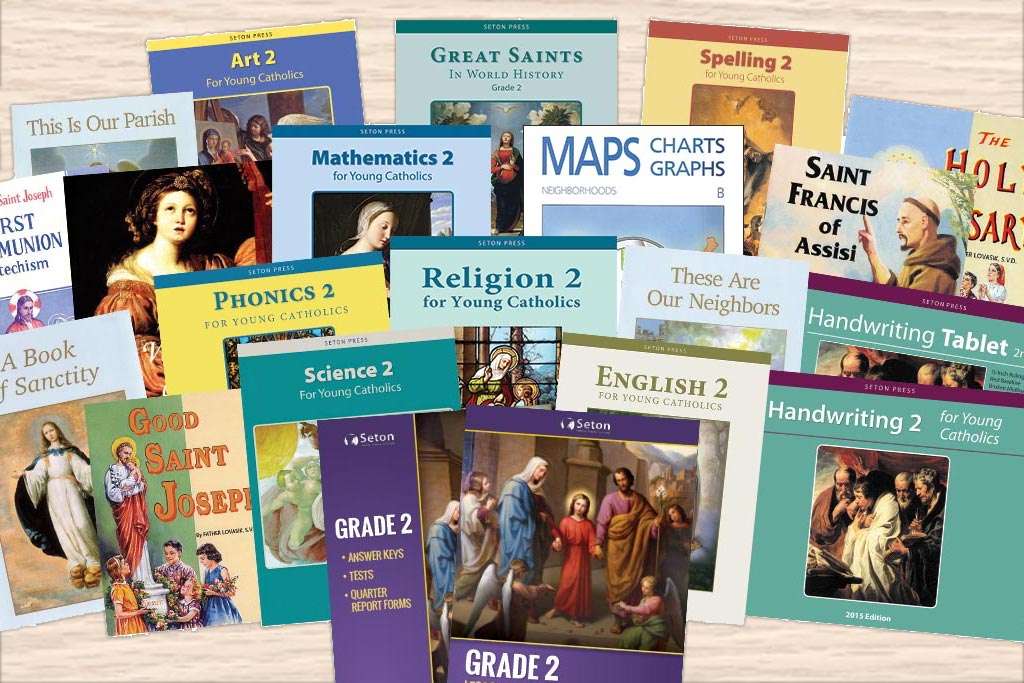
Full Enrollment
Learn More
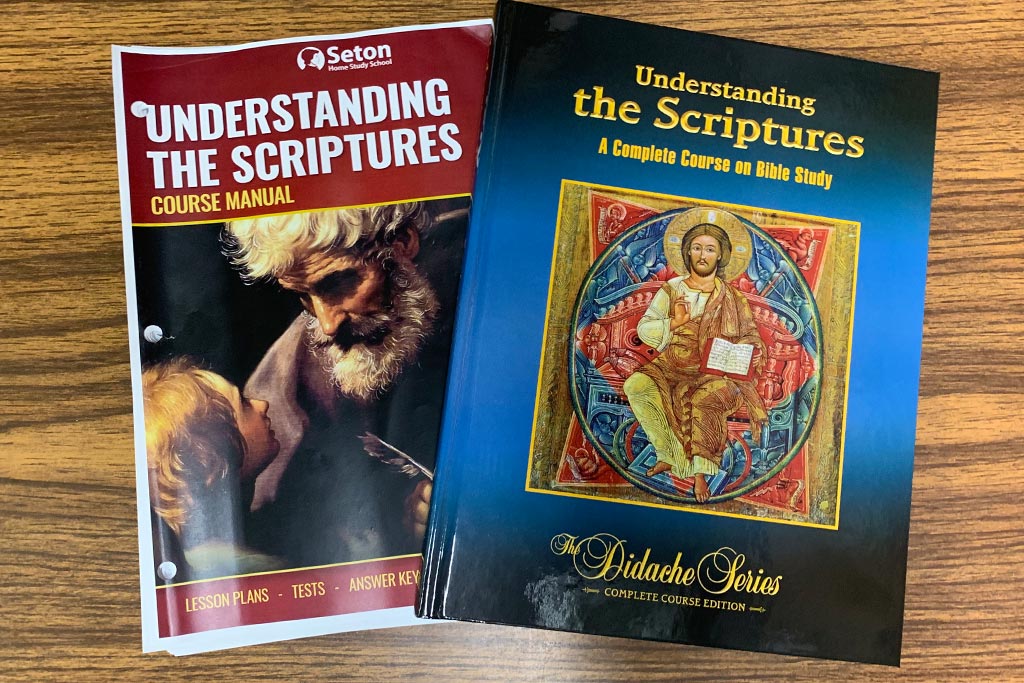
Single Course Enrollment
Learn More

Book Sales
Learn More

